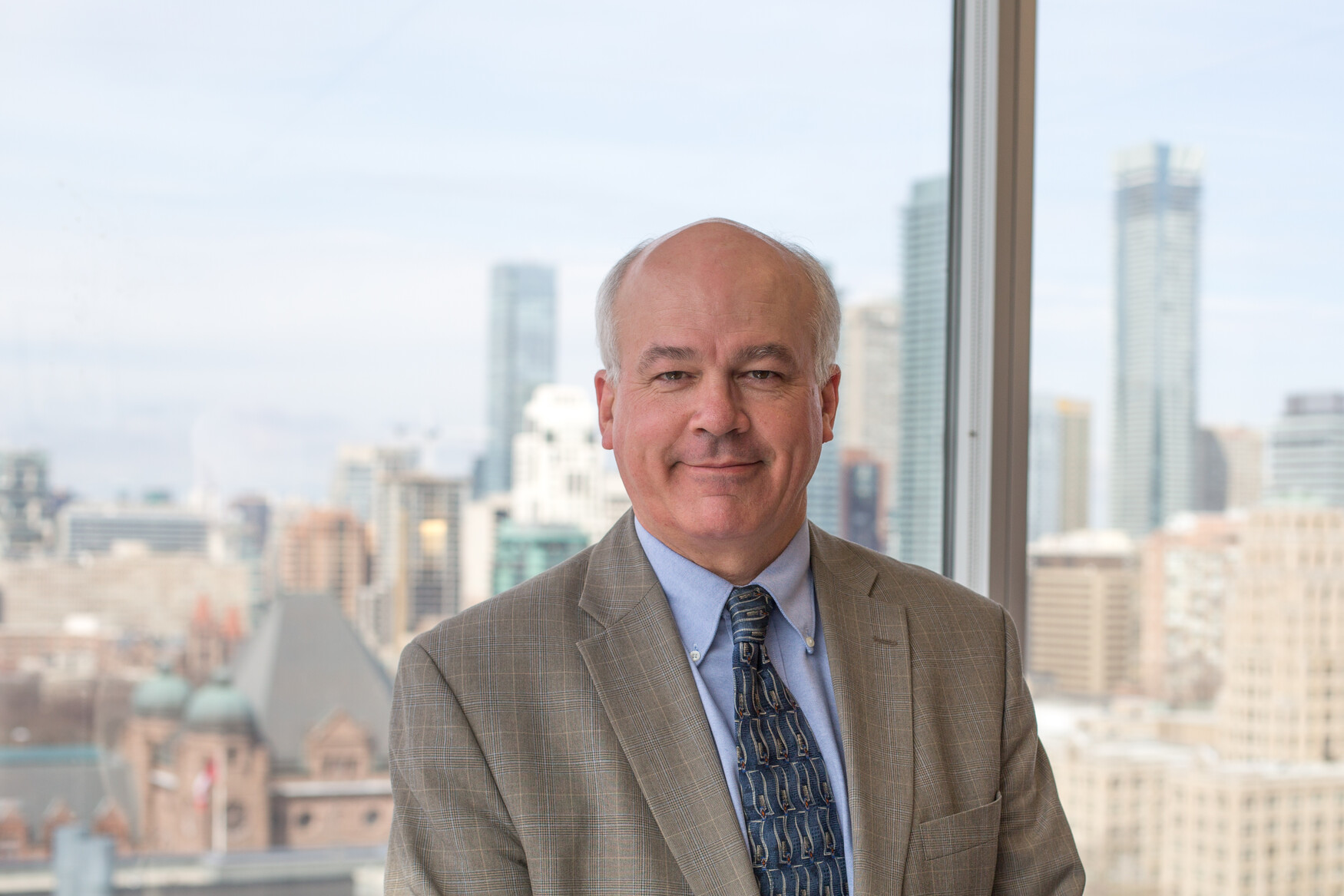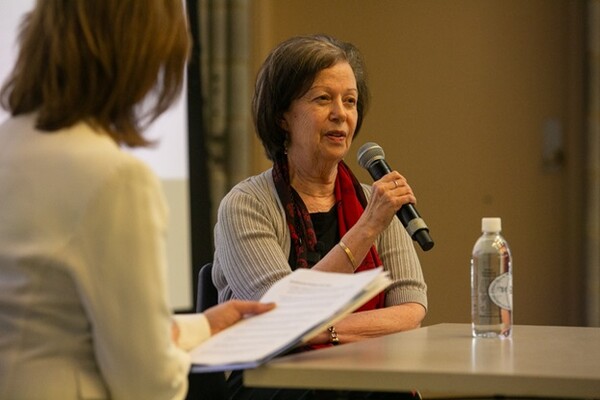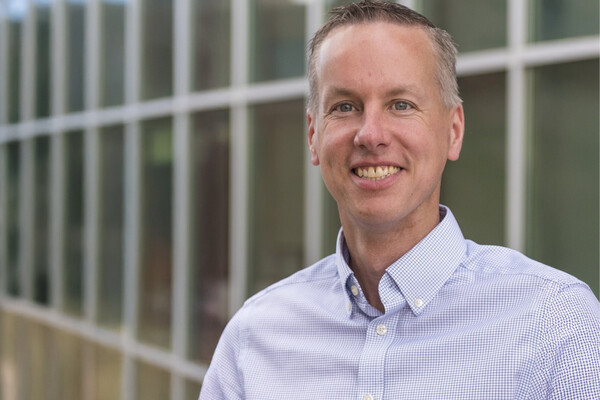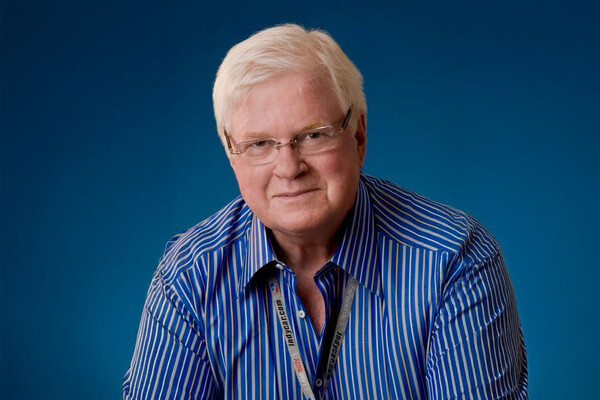Mobile Menu
- Education
- Research
-
Students
- High School Outreach
- Undergraduate & Beyond: Community of Support
- Current Students
- Faculty & Staff
- Alumni
- News & Events
- Giving
- About

John Kalm, BSc ’86, is senior counsel with Ontario Power Generation Inc. in Toronto. Prior to joining OPG, Mr. Kalm worked for over six years as an associate lawyer with Osler, Hoskin & Harcourt, LLP and McMillan, LLP in Toronto, as well as four years as a business law practitioner at a small firm.
Mr. Kalm has a diverse educational background, starting with an honours bachelor of science from the University of Toronto; MBA in finance from the DeGroote School of Business at McMaster University; LLB from the Schulich School of Law at Dalhousie University; and LLM in business law from Osgoode Hall Law School at York University.
One of the values of an undergraduate degree is that it requires you to learn skills that will stand you in good stead, regardless of what you might do after graduation.
You have an incredibly diverse educational background. How did you go from undergraduate Biochemistry student to senior counsel at OPG?
It was a bit of a “random walk”, so to speak, but not entirely. Other than a ski trip out west for about 6 weeks and summer jobs, I did the first three degrees consecutively. My first was in Biochemistry: my father was a veterinarian and I had cousins who were doctors. Since I was strong in science in high school, I thought science was my path and that maybe I would go on to medicine or veterinary medicine. I had a rough start at first, though — my marks weren’t very good. I did turn it around but I came to realize in third year that science wasn’t where my future was. I wanted to see it through and finish strongly so I could get into an MBA program, since I was interested in the business world. While doing my MBA, however, my sister was in law school and I took a business law course. It piqued my interest, so I wrote the LSAT and applied to law school!
The focus of my career has been business law, because of my MBA. After law school I got a great articling position at a top firm in Toronto. I practiced on Bay Street for about 10 years, then there was an opportunity to go in house with a large corporation and I’ve been at OPG for the last ten years. I primarily support our procurement function to build and maintain our facilities, reviewing and negotiating contracts with our suppliers.
Do you still have a love for science?
Yes, I’ve always been interested in science and scientific developments. I have two daughters who are both in science. One has a PhD in neurophysiology from U of T and is now a post-doctorate fellow at Toronto Rehab. My other daughter is in her third year of life sciences at McMaster.
What skills did you learn at U of T to help you succeed?
One of the values of an undergraduate degree is that it requires you to learn skills that will stand you in good stead, regardless of what you might do after graduation. Going to class, learning and understanding a mass of material, doing independent study and research, writing a paper, preparing for a final exam, even handing things in on time and developing time management skills, learning how to read, write, and question material — if you get through your undergraduate program successfully, those skills are really what you take away.
You mentor undergraduate students at U of T’s New College. What inspired you to become a mentor?
I am very proud to be connected to U of T. When I started working at OPG, with our offices right across from St. George campus, I reconnected with New College as a mentor for students who were interested in law school. I do a lot of mentoring in my role at OPG as well and am the lead for our articling program. I wish I had participated as a mentee when I was in school — I see that students shouldn’t hesitate to take advantage of mentorship opportunities. At my age and stage, I am happy to meet students and talk about what I do.
What words of wisdom do you have for current science students who are wondering what their next step should be?
If you have any doubts about your program and your choices and you’re not sure where you want to go next, don’t be too worried about it. It’s a normal feeling to have. We’re not all born with innate knowledge of our calling. For a lot of us, our career develops as we go along and will often depend on who you meet and the connections you make. Talk to lots of people, think about lots of things. Take your time, don’t be in a rush. Work hard and get the best marks you can because that will pay off for you.


